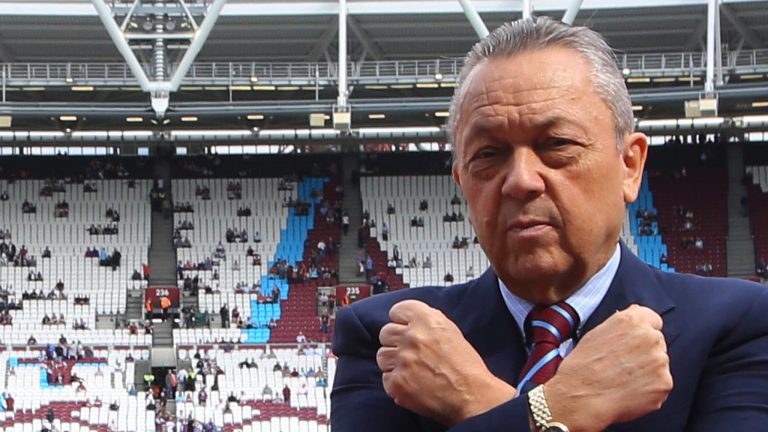In a move that has sent shockwaves across the Premier League and global football community, West Ham United has officially been sold in a monumental €2.57 billion agreement. Long-standing co-owner and chairman, David Sullivan, alongside his investment partners, has decided to part ways with the London club, confirming a full ownership takeover led by the Leicester City ownership consortium.
This historic decision marks one of the largest club sale transactions in English football history, joining the ranks of Liverpool, Chelsea, and Manchester United in major ownership shifts. According to internal sources, months of private negotiations finally reached conclusion after both parties aligned on valuation terms, strategic direction, and future ambitions for the club.
Sullivan, who has been at the helm for over a decade, oversaw both highs and lows — from relegation battles to European qualification and a Europa Conference League triumph. However, rising financial demands, infrastructural modernization challenges, and strategic disagreements reportedly played a key role in accelerating the sale. Insiders suggest that Sullivan believed the time was right for fresh direction and long-term stability under a consortium capable of injecting both capital and visionary leadership.
The incoming group, tied closely to the leadership that brought success to Leicester City — including their unforgettable Premier League title win in 2016 — is said to be determined to rebuild West Ham into a consistent top-six contender. Their plan reportedly includes increased squad investment, academy expansion, stadium development support, and stronger commercial partnerships.
For West Ham fans, the news comes with mixed emotions. Many supporters appreciate Sullivan’s contributions, particularly the club’s recent European silverware. However, others have long expressed concerns about recruitment decisions, managerial appointments, and long-term planning consistency. Now, attention turns to what this new era will bring.
Early reports suggest potential managerial reviews, new transfer strategies, and a restructuring of the club’s executive leadership. The new ownership aims to blend financial commitment with steady sporting progression — avoiding the reckless spending approach that has destabilized other Premier League sides.
The Premier League will now initiate its official ownership and directors review, a regulatory stage required before the transfer of full operational control. Once approved, announcements regarding changes in the club hierarchy, football operations, and strategic roadmap are expected to follow.
This takeover signals a major power shift within English football. As West Ham prepares for a new identity under ambitious leadership, fans, rivals, and analysts will be watching closely to see how the club reinvents itself on and off the pitch.
A new chapter begins at the London Stadium — one filled with expectation, uncertainty, and the promise of transformation.


